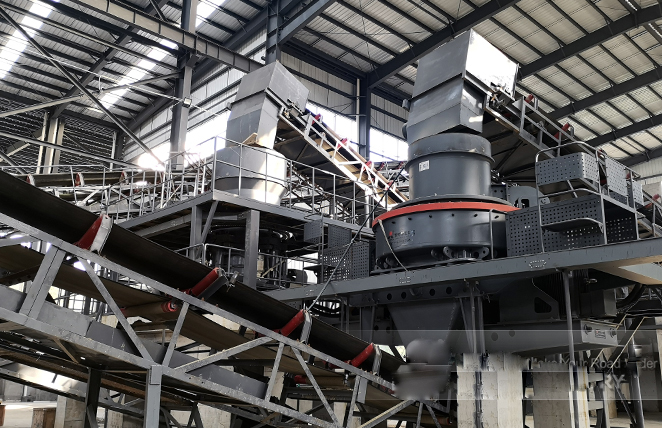Maintaining a Vertical Roller Mill (VRM) is crucial for ensuring operational efficiency, longevity, and consistent product quality. Here’s a structured approach to VRM maintenance:
—
1. Routine Inspections
– Daily Checks:
– Monitor vibration, temperature, and pressure readings.
– Inspect lubrication levels (gearbox, hydraulic system).
– Check for unusual noises or leaks.
– Weekly/Monthly:
– Examine wear parts (roller tires, table liners).
– Inspect seals and bearings for contamination.
– Verify alignment of rollers and grinding table.
—
.jpg) 2. Lubrication Management
2. Lubrication Management
– Use recommended lubricants for:
– Gearbox (oil analysis to detect wear metals).
– Hydraulic system (ensure clean, moisture-free oil).
– Roller bearings (grease as per manufacturer specs).
– Replace filters and oil periodically.
—
3. Wear Parts Replacement
– Key components with limited lifespan:
– Grinding rollers/tires (hardfacing or replacement).
– Grinding table segments (resurfacing or replacement).
– Classifier blades/guide vanes (check for erosion).
– Track wear rates to plan timely replacements.
—
4. Hydraulic System Maintenance
– Check for leaks in hydraulic cylinders/pipes.
– Monitor accumulator pressure.
– Clean/replace hydraulic filters regularly.
—
5. Grinding Process Optimization
– Adjust grinding pressure, dam ring height, and gas flow to balance fineness and throughput.
– Avoid overloading to reduce roller/table wear.
—
 6. Vibration & Alignment Control
6. Vibration & Alignment Control
– Address excessive vibration caused by:
– Uneven material feed.
– Misaligned rollers or table.
– Imbalanced rotating parts.
– Use laser alignment tools during major overhauls.
—
7. Drive System Care
– Inspect motor couplings and gearbox teeth.
– Check belt tension (if belt-driven).
—
8. Shutdown Maintenance
During planned stoppages:
– Overhaul critical components (gearbox, hydraulic cylinders).
– Inspect mill housing for cracks/corrosion.
– Clean internal ducts to prevent material buildup.
—
9. Training & Documentation
– Train operators on fault detection (e.g., abnormal vibrations).
– Maintain logs of inspections, repairs, and part replacements.
—
Common Issues & Solutions
|





Leave a Reply